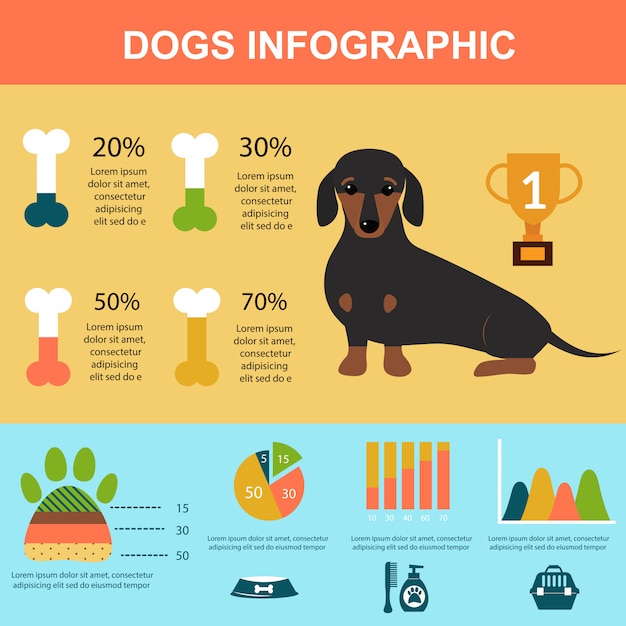How To Help Your Dog Adjust After Returning From Boarding
How To Help Your Dog Adjust After Returning From Boarding
Blog Article
Can Pet Dog Childcare Reason Ailment?
Canines in daycare receive great deals of workout, socialization with other pet dogs and special experiences. This can be especially useful for puppies and pet dogs with behavioral issues.
There are several legal considerations you need to take into consideration when beginning a dog childcare business. These include the structure of your company and conformity with federal government laws.
1. Pooch Distemper
Canine distemper is spread through direct contact with the bodily fluids and waste of an infected canine, however it can likewise be sent using common water and food bowls or via air-borne beads. This very contagious illness is most harmful for young puppies, however it can affect pet dogs of any type of age and is deadly for a lot of if left unattended.
First signs and symptoms of canine distemper commonly resemble an acute rhinitis, consisting of dripping eyes and nose with watery or pus-like discharge. As the condition advances, a pet dog will certainly establish high temperature, coughing, minimized cravings, throwing up and looseness of the bowels. The infection can likewise assault the nerve system, leading to seizures, jerking and partial or total paralysis.
Credible childcares lower direct exposure to infection by calling for inoculations, regular health examinations and comply with stringent hygiene procedures. If your pup seems extremely weary or hopping, a day off may help him recover, but you should avoid taking him back to childcare up until these signs improve.
2. Kennel Cough
Kennel cough, also called transmittable canine tracheobronchitis or Bordetella, is a very infectious viral or bacterial disease that affects the respiratory system. It's frequently transferred through the exchange of saliva or air beads that an unwell pet dog breathes out. Social canines are at higher threat for infection as a result of their regular interaction with one another, such as when they play, share food or water, smell each other or just meet in a crowded setting like a pet dog park or daycare.
The most usual signs and symptom of kennel cough is a persistent and forceful coughing that sounds like something stuck in the throat or retching. Often, pets will certainly spend frothy white phlegm. If left unattended, a pet dog can establish pneumonia and be at serious threat forever.
A respectable day care facility need to have stringent cleaning and hygiene procedures, sanitize all playthings, food and water bowls frequently, and be open concerning their inoculation policies. Maintaining your canine up to date on their inoculations, specifically for bordetella and canine flu, will substantially minimize their possibilities of contracting the illness.
3. Parvovirus
Canine parvovirus, or parvo, is a very infectious viral disease that can be fatal for puppies and young person canines with inadequate body immune systems. It's most typically spread by straight contact with polluted canine feces-- which can take place when pet dogs sniff, lick, or preference infected feces-- and indirectly from infected individuals, objects, or settings (like kennels, brushing spaces and lawns). Pups and canines without full inoculation histories are especially prone to parvo.
The infection is extremely resistant, making it through in the environment for approximately nine years, and can conveniently be moved between pet dogs by contact via feces or on shoes, apparel, and bedding infected with parvovirus. If not dealt with promptly with IV fluids, electrolyte equilibrium, vomiting control medicines and antibiotics to avoid secondary microbial infections, a dog will quickly dehydrate and establish severe diarrhea, which brings about shock and sepsis. Parvo is hard to treat when a pet has become ill, however with appropriate veterinary boarding kennels dogs treatment, numerous pups do survive this health problem.
4. Canine Flu
Canine flu virus is very contagious and spreads with straight get in touch with, sharing food and water bowls, licking or nuzzling various other canines, via air-borne droplets, and via contaminated surfaces. Inoculation is effective in lowering the risk of infection and break outs.
Most impacted pets develop a moderate respiratory system infection with a cough that lasts 1-3 weeks. They might additionally have nasal and ocular discharge, sneezing, and lethargy. Some of one of the most major situations cause pneumonia and a high fever.
If your pet dog shows any of these signs and symptoms, do not bring them back to daycare up until they are healthy. If your canine is revealing indicators of extreme tiredness or limping, speak with your veterinarian right away and ensure they get on healthiness supplements to help develop their resistance. A veterinarian will examine your pet for symptoms of the flu by taking an example from the nose or throat, and blood examinations can be done to validate.